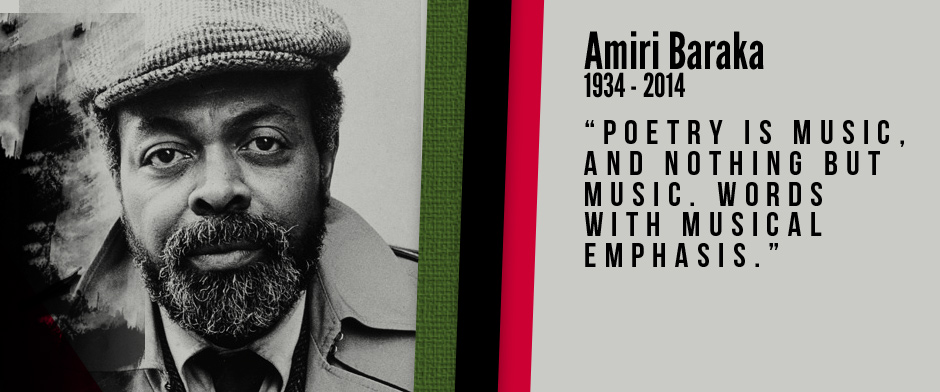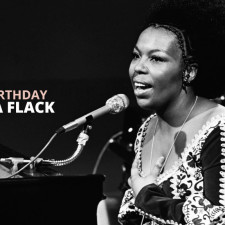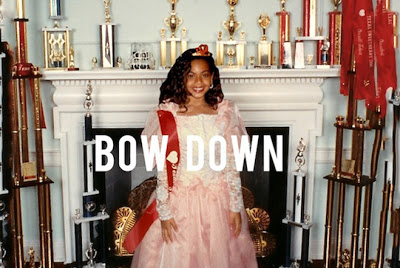In this series of upcoming posts, MusiQology is pleased to celebrate music critics who consistently bring great energy and insights to the public. With the explosion of great information circulating through print media and social media, it’s difficult sometimes to keep up with it all. We are happy to do some of this work for you by gathering some of these critics’ writings for you to enjoy in one place. Their work takes many forms: interviews, articles that unearth important historical projects as well as meditations on current recordings, concerts, legends and upstarts. We hope you enjoy their luminous work as much as we enjoy reading and sharing it.
Our first critic is Dr. Regina Bradley (@redclayscholar), a vibrant scholar of popular music, whose blog Red Clay Scholar—Southern Girl Unchained—has been recognized as one of the most provocative independent sites dealing with current issues of black cultural criticism. We point your attention to her innovative series “Outkasted Conversations,” which features her interviews with an array of scholars, journalists and cultural critics discussing the impact and significance of the Southern Hip-Hop duo OutKast. On the twentieth anniversary of their debut album Southernplayalisticadillacmuzik (1994), Bradley takes this opportunity to help us understand their enduring contribution to popular culture.
As I have written elsewhere, 1994 was a watershed moment in hip-hop cultural production; many say that it was the genre’s shining hour. Although hip-hop was in its “pre-bling” stage, consumerism, commercialism, and critiques of black access to capital—especially as all of these concerned contemporary black masculinity—emerged as thematic tropes in the music. As it did for the bebop moment in the mid-1940s, hip-hop’s mid-1990s aesthetics seemed posed to succeed as the unlikely mix of musical experimentation and commercial viability. So much so that today it is remembered nostalgically as “the year hip-hop was reborn,” the days when “hip-hop was an art form,” or “hip-hop’s” last great year.” In 1994 we also saw the appearance of another emblem of hip-hop culture: the publication of Tricia Rose’s landmark study Black Noise: Rap Music and Culture in Contemporary America, the first book of its kind, one that thrust hip-hop into the academic world of postmodern ideas. Rose’s work helped to initiate another space for experimentation and commercial efficacy in hip-hop. Following her lead, hip-hop scholarship and its cousin “journ-academic-criticism,” a rich blend of academic cultural theory and journalism has blossomed. Hip-hop bibliography, blog-ography, and other forms of mass-mediated commentary have exploded across libraries, bookstores, and the internet.
Enjoy this look back at a year and a group that changed the game.
Tags: brittany cooper, imani perry, kiese laymon, outkast, regina bradley



 Share On Facebook
Share On Facebook Tweet It
Tweet It












